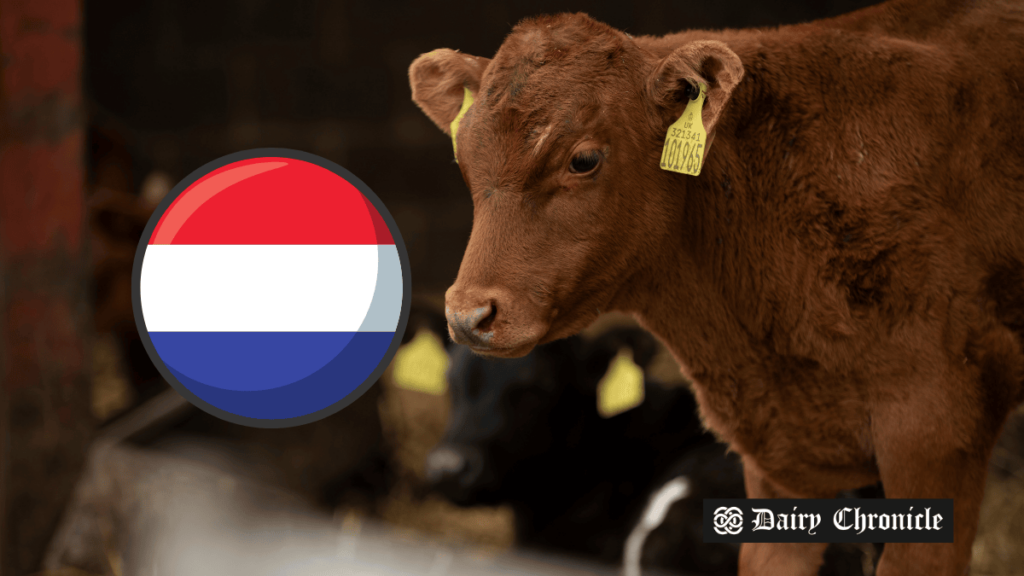The Netherlands is set to reevaluate its nitrogen emission regulations, potentially impacting the dairy industry. The new government plans to revise or discard the existing National Rural Area Plan (NPLG) and introduce alternative measures for nitrogen management. The changes come after significant opposition from the agricultural sector and political shifts following the recent elections.
Recent developments in the Netherlands are raising eyebrows in the dairy sector as the country appears poised to relax its stringent nitrogen emission regulations. The shift in policy follows a change in government, which has prompted discussions on potential impacts for the agricultural industry, particularly dairy farming.
Background
Since 2019, nitrogen emissions have been a contentious issue in the Netherlands due to European laws requiring the protection of natural areas. The previous administration introduced measures like daytime speed limits and restricted construction permits to mitigate emissions. Significant proposed changes included the National Rural Area Plan (NPLG), which aimed to address nitrogen, water quality, and manure management through a €24 billion fund. This plan allowed provinces to create tailored policies but faced resistance and protests from the rural community, including farmers concerned about potential buy-outs and industry reductions.
Current Developments
The political landscape shifted dramatically in November 2023 with the election of a new, more right-wing government. This administration has signaled a potential rollback of the previous nitrogen policies, including the NPLG. Recent announcements indicate that some of the €24 billion allocated for environmental improvements have already been canceled. The new Minister of Agriculture, Femke Wiersma, is expected to introduce revised plans later this year, including new models for predicting nitrogen output and improved farm management systems. The Dutch government is also considering seeking exceptions to existing EU rules.
Reactions and Implications
The potential relaxation of nitrogen rules has elicited mixed reactions. Agricultural organizations such as LTO have welcomed the changes, viewing them as a practical approach to balancing environmental and agricultural needs. Conversely, environmental groups and left-wing political parties have criticized the move, arguing that it undermines progress made and creates uncertainty. Some provinces, which had made significant strides under the previous policies, are now seeking clarity on the new government’s approach or considering whether to continue with existing plans.
As the Netherlands navigates its evolving environmental policies, the dairy industry stands to be significantly impacted. The future of nitrogen regulations will likely shape the landscape of Dutch agriculture and its environmental practices. Stakeholders across the board are watching closely as the new government develops its strategy and addresses the challenges ahead.



